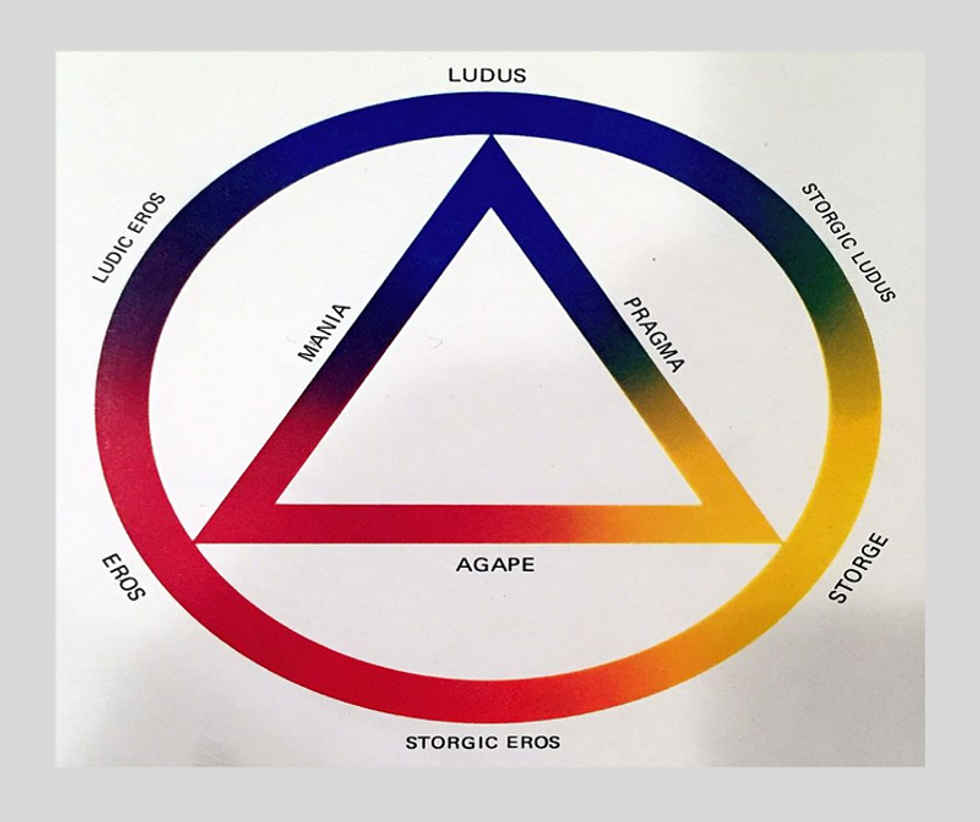Is sex really as important to our culture as portrayed in the media? No, it isn’t. Some people are legitimately more happy with Netflix and chill, rather than Netflix and "chill."The media portrayal of a sexual relationship is an ideal built around a passionate, erotic connection. That just isn’t what everyone wants.
Now to be clear, I’m not arguing that sex and passion aren't important. For many people in a romantic relationship, sex is necessary, not just for the obvious (reproduction), but also for intimacy. Sex feels good; it’s fun and it’s one of the ways that humans as a species create and reinforce bonds with one another.
However in our current media culture the emphasis on sex, the erotic connection, and even sexual performance cause anxieties. If you don’t want sex, clearly you’re considered odd or quirky or antisocial. This ranges from how men are culturally expected to want sex, even if they are not ready to become sexually active, to how women are taught that their value is in their appearance—and thus their sexual appeal.
Is sex important? No, and attraction isn't just sexual. It is one aspect of an intimate relationship, but there are many other, arguably more important things. A common understanding in most interpersonal connection is the intimacy-self disclosure link, or in layman's terms, people feel connected the most as they disclose personal information about themselves. Is love defined as sexual attraction? Should it be? Again, no.
The asexual spectrum consists of many people who think of sex differently. Asexuality, for those unfamiliar, is a lack of sexual attraction. It is a sexual orientation, such as hetero- or homosexuality, not a moral choice, such as celibacy. Asexuals simply do not experience sexual attraction. However, there are other orientations that exist on the "asexual spectrum," such as demi-sexuality where sexual attraction is exclusive to an emotional bond, and sapio-sexuality where it is only found in an intellectual connection.
The idea of the passionate, erotic connection isn’t a new one but it’s only one sixth of the color wheel of love. Guess what! Two of those six deal with emotional, and intellectual connections! The color wheel of love has been a theory about attraction hovering around since 1973 that details the various ways humans have love. It goes over attachment styles such as: passionate (erotic) love, friendly (storgic) love, and practical (pragma) love.







 Energetic dance performance under the spotlight.
Energetic dance performance under the spotlight. Taylor Swift in a purple coat, captivating the crowd on stage.
Taylor Swift in a purple coat, captivating the crowd on stage. Taylor Swift shines on stage in a sparkling outfit and boots.
Taylor Swift shines on stage in a sparkling outfit and boots. Taylor Swift and Phoebe Bridgers sharing a joyful duet on stage.
Taylor Swift and Phoebe Bridgers sharing a joyful duet on stage.













